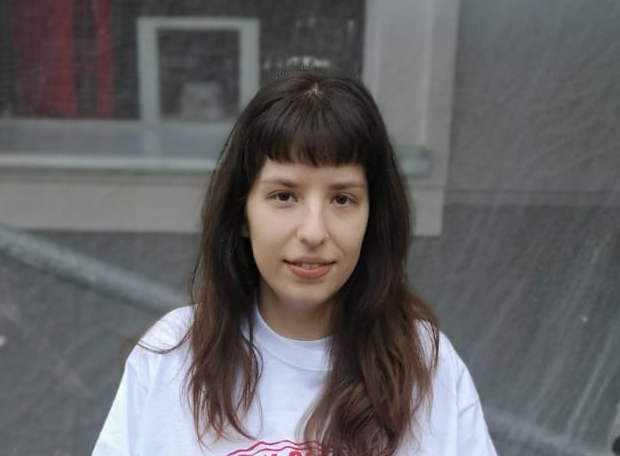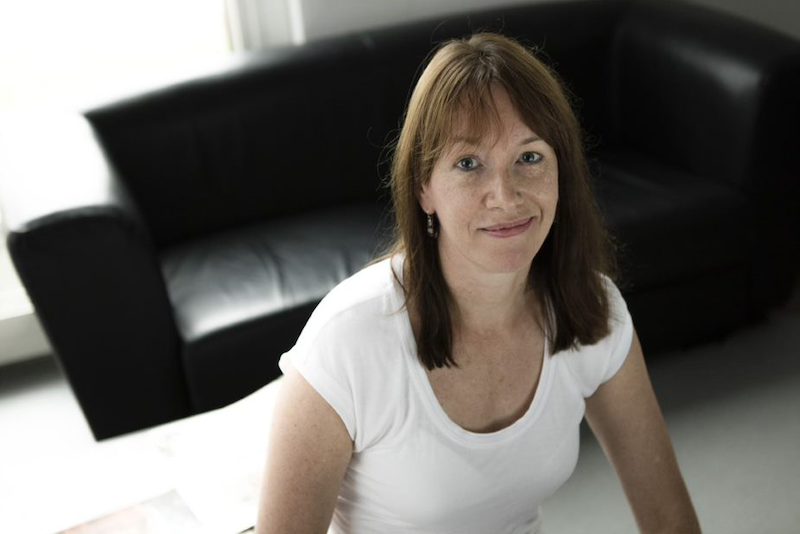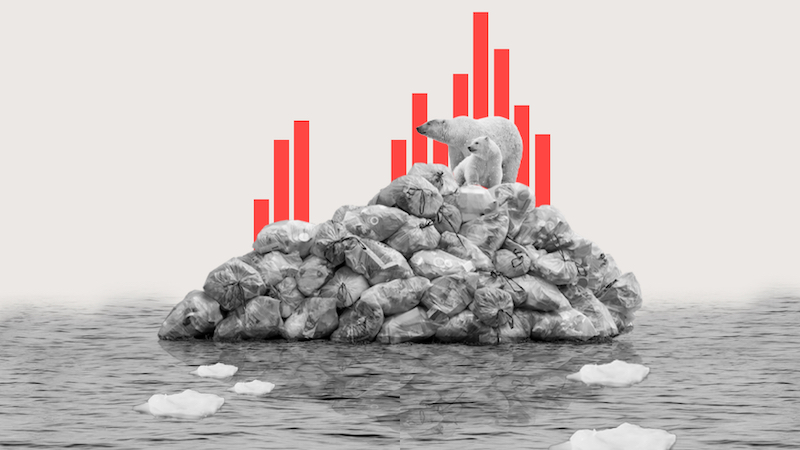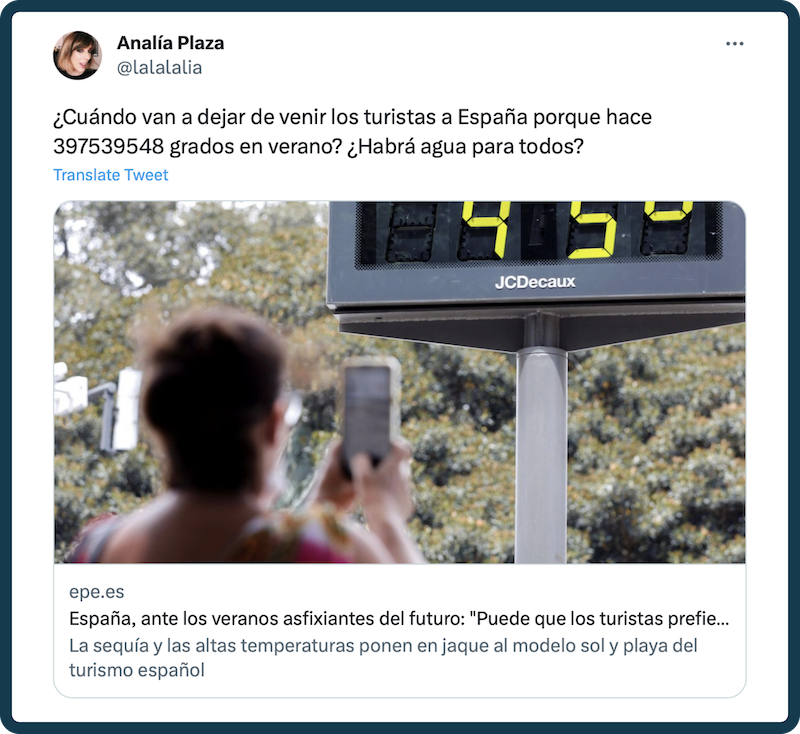Alison Anderson is a professor at the University of Plymouth with expertise in climate change communication. She’s also a founding member of the International Environmental Communication Association.
What’s missing from the conversation on climate change?
There’s a lot of emphasis on the impacts of climate change, but there’s not nearly enough emphasis on the solutions. Giving people more and more information is not the answer. Talking about climate change is obviously helpful, but getting people engaged and learning by doing seems more beneficial.
How should governments communicate about global warming and adaptation measures without alienating the population?
Trust is such a key factor, and I don’t think enough thought has been given to the question of acceptance and getting the public on board. Fairness is also a key issue because if a policy is not perceived as fair, it is unlikely to gain acceptance. We need a bottom-up approach on the local level with stakeholders that people trust. Seeing positive steps that can be taken in their local area and community is what makes people energised and enthused.
Besides, government communication on climate change is often very urban-focused, lacking consideration for people living in rural areas. But you can’t have a one-size-fits-all model. The messages need to be fine-tuned towards particular groups within society, in terms of demographics, but also in terms of where people live.
Should we focus on adaptation or on fighting global warming?
I don’t think it’s one or the other. There’s so much more that we could be doing, but it involves a systemic change to make headway quickly enough. And that’s realistically difficult to achieve and takes a lot of time, though the pandemic has illustrated how change can occur quite fast. It’s a combination of carrots and sticks. You need the incentives, but also you need the regulation. You cannot rely on people making the decisions themselves.





